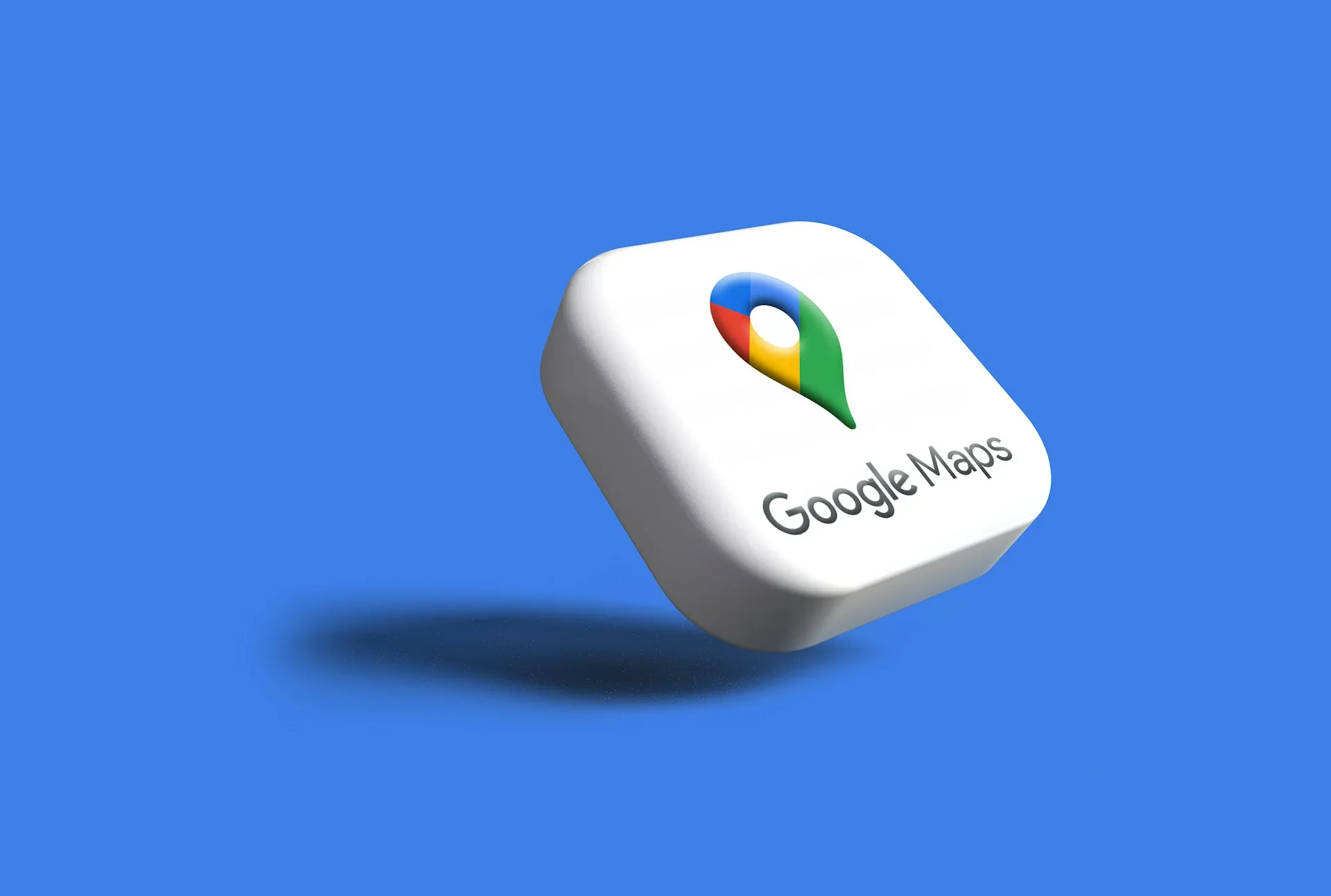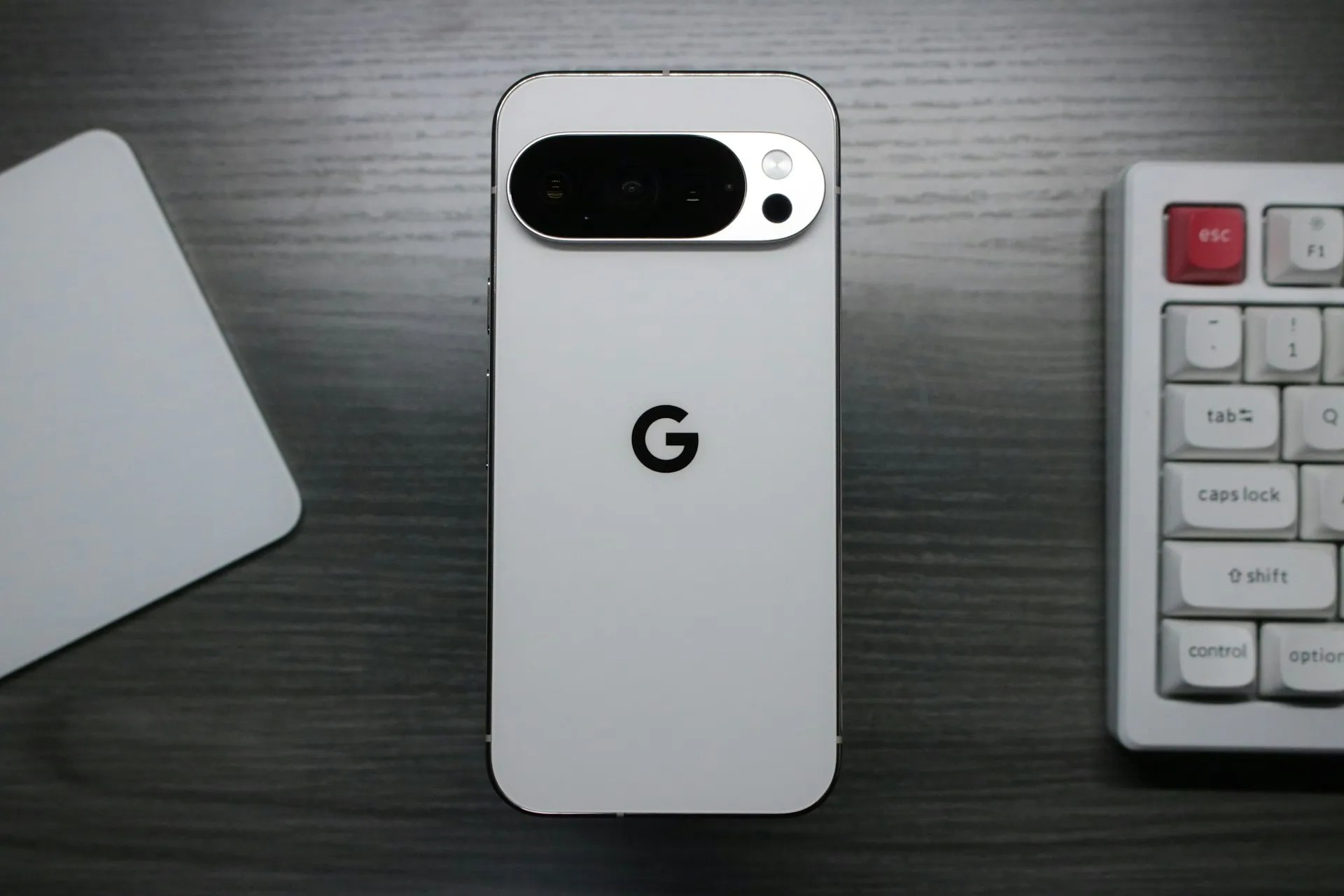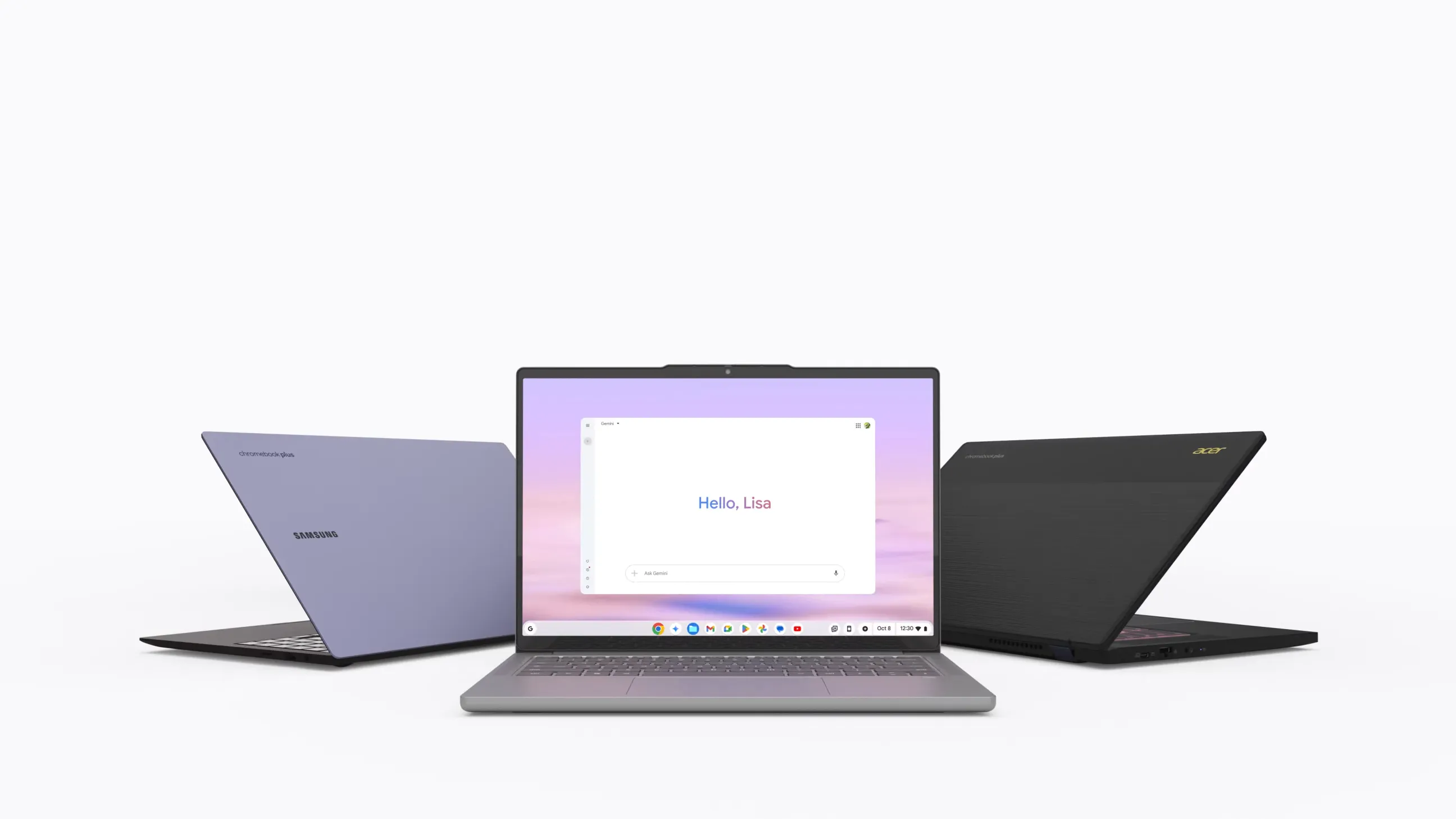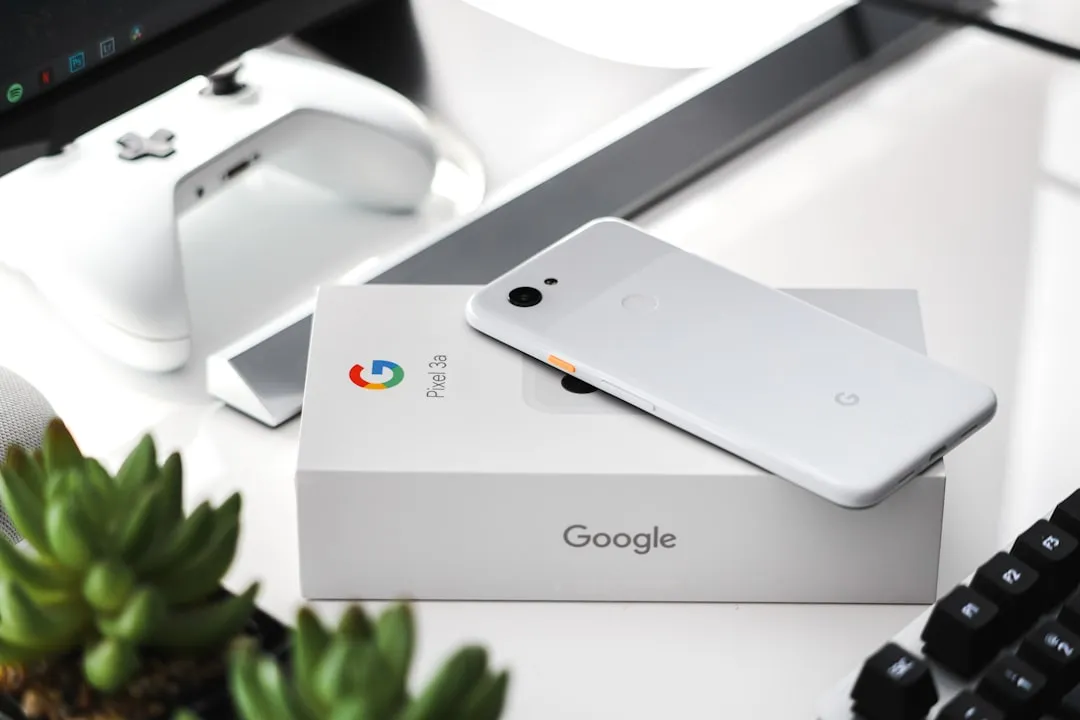Whatever you want to call it for now—Android Nutella, Android Nougat, or Android 7.0—the upcoming "N" release of Android will surely bring in tons of new features and functionality. We know it will be named after a dessert, and we know that Google uses an alphabetical naming system, so something starting with "N" is next in line after Android 6.0 Marshmallow.
But what we don't know yet is the fun part—speculation. We've already seen traces of new features built into Marshmallow, and Apple has introduced some new elements like 3D Touch that will merit a response from Google, so we've got a few clues to begin with. With that in mind, we'll go over some of the features we hope to see, ordered by likelihood below.
Update: The Android N Preview
Since the publishing of this article, Google released Android N previews for their Nexus line of devices (Sony got in on the fun too).
Multi-Window Support
I'd be willing to bet some serious money that multi-window support will finally make its debut in Android N. Samsung has been adding this feature to their skinned version of Android for years, and LG has recently followed suit. But the biggest indication that this might be coming in the next Android version is that it's actually present in Android 6.0 right now.
The feature is currently hidden, and rightfully so, because it definitely needs some work before it will be ready for full release. But the fact that it's being worked on tells you that multi-window support is definitely on Google's to-do list, and we expect it to be finished in time for the release of Android N.
Dark Mode
This is a feature users have been clamoring for over the past few years, because nobody likes having their eyes burned by a bright white background at night. There was a Dark Mode switch in the Android M preview builds, but Google decided to axe the feature before the official release of Marshmallow. The fact that this was being worked on last year makes Dark Mode almost a certainty for Android N.
To top that off, the last two flagship phones from Google have both used AMOLED screens, which don't require power to display black pixels, in turn increasing battery life. Google uses bright motifs with all of its apps and services, but you have to think that a simple dark/light switch should be in the works when you consider all of the signs in front of us.
More Fingerprint Features
With the release of the Nexus 5X and Nexus 6P, Google finally added proper fingerprint-unlocking support to Android. They even built an entire API so that apps and manufacturers could leverage this feature as they saw fit, but we don't expect Google to stop there.
Right now, the only stock apps that utilize the fingerprint scanner are the lock screen and the Play Store, but there's clearly room for more. We hope to see Google Photos get fingerprint-lock support soon, which would be nice for keeping pictures private. Even better, it would be great to see the default launcher use this new API so that we can fingerprint-lock our apps.
Theme Support
AOSP already has a fully-functional theme engine built in, ever since Sony donated its Runtime Resource Overlay framework to Android. We started seeing signs of this in Android 5.0, and the theme engine framework was expanded upon with Android 6.0, to the point where all you need is a simple root app to unlock the feature now.
There's a chance Google has only included this theme engine code in AOSP so that manufacturers can use it for their Android skins. But at this point, it's a fully-functional framework capable of theming apps and any UI elements, so we certainly hope that Google lets us end users have full access to it in Android N.
Virtual Reality Advancements
We've heard recently that Google is planning to build a virtual reality headset that doesn't require any external hardware, unlike Oculus Rift or Samsung's Gear VR. Considering that almost every device they've built so far has at least borrowed code from Android, it only makes sense that this headset would run on some variation of AOSP.
If the new VR device runs on Android, it stands to reason that Android would receive some of these features itself. It's certainly a reasonable expectation considering that Google Cardboard centers around an Android device as it stands, so hopefully some system-level virtual reality features will be added in the N release.
Chrome OS Integration
This would be a great way for Google to boost sales of Android tablets. Right now, there aren't many Android apps that take advantage of a larger screen, but with the full suite of Chrome apps and services baked in, Android tablets would be more appealing as highly portable, touch-oriented versions of Chromebooks that could also run Android apps.
On the flip side of that, Chrome OS would stand to gain even more in an Android-Chrome merger. Picture running your favorite mobile games and apps on a $200 laptop with the legendary speed and performance of Chrome OS—who would bother with Windows anymore?
To take the idea to the next level, I would personally love to see an Android-slash-Chrome OS "Continuum" feature similar to what Windows has going with its mobile devices. Imagine being able to plug your phone into any monitor to get a full desktop experience that includes all of your existing apps—now that's something I can get behind.
More Now on Tap Features
Now on Tap made its debut in Android Marshmallow, and it already has plenty of interesting and useful features. But with another year to make core system changes to Android, we certainly hope Now on Tap gets elevated to the next level with Android N.
- Don't Miss: How to Activate & Use 'Now on Tap'
Imagine being able to activate Now on Tap while you were using your camera app—the service could use Google's image recognition technology to give you information about what you're seeing in the real world. But Now on Tap uploads its findings to be analyzed on Google's servers, so there would have to be some serious advancements in image compression for this to be viable.
Native 3D Touch
This one's a long shot, because it requires compatible hardware that low-end Android devices are not likely to have. But a pressure-sensitive touch feature similar to Apple's 3D Touch is already rumored to be included with the upcoming Galaxy S7, and surely more manufacturers will follow suit with their own flagship devices.
If this ends up being the case, Google will have to start working on standardizing the feature by including software support in AOSP. While they've been known to take a few years to get these things going (see Multi-Window support), we can at least hope this feature debuts in Android N.
Navigation Bar Customization
We've already seen Google implement a new menu that lets you customize icons and options in your status bar, so it shouldn't be much of a leap to see something similar with the software navigation keys at the bottom of the screen, right?
- Don't Miss: How to Add Extra Buttons to Your Navigation Bar
For starters, it would be nice to be able to swap the back and recent apps buttons without needing root access, which would be more ergonomic for a lot of folks. Even better, it would be great if we could add our own buttons to the software navigation bar at the bottom of the screen, but only time will tell.
What Features Are You Hoping for in Android N?
Is there something you know will end up in Android N, or is there a feature you really hope will make its way to the public release?
Make sure to follow Android Hacks over on Facebook and Twitter, or Gadget Hacks over on Facebook, Google+, and Twitter, for more Android news.

























Comments
Be the first, drop a comment!